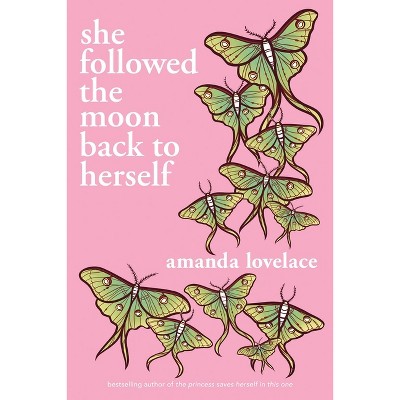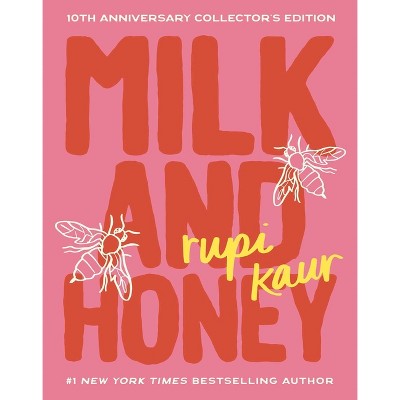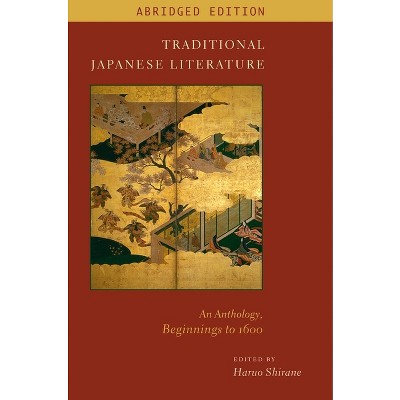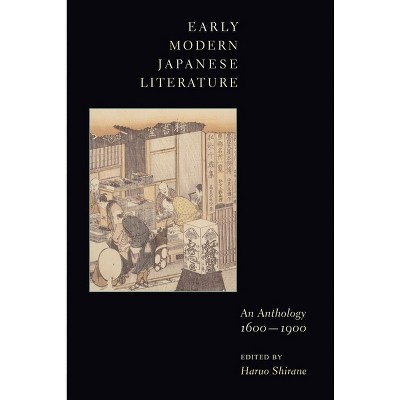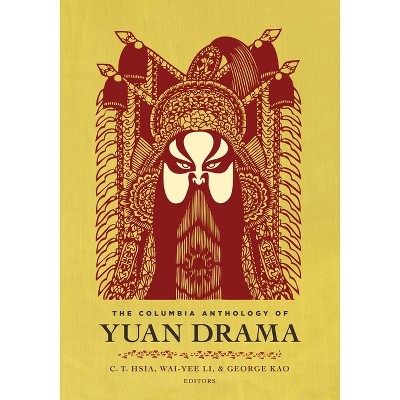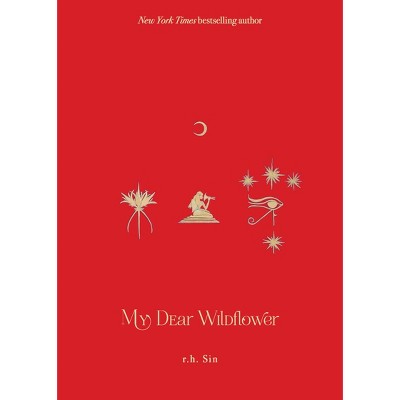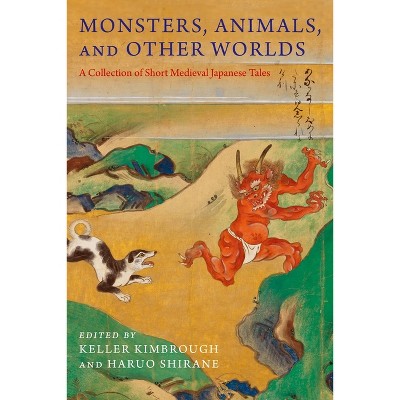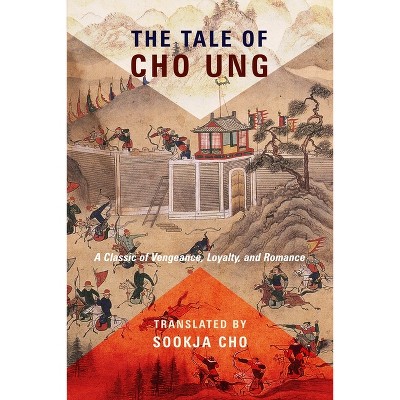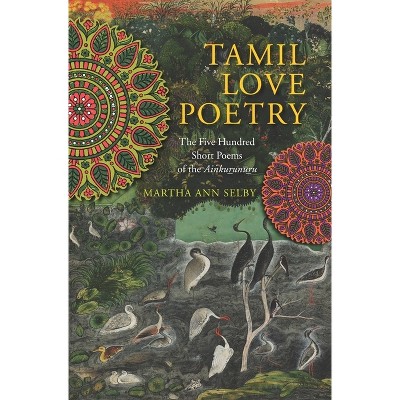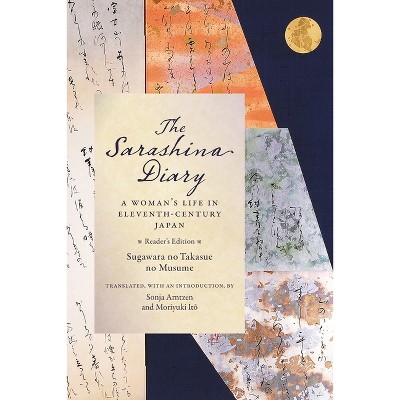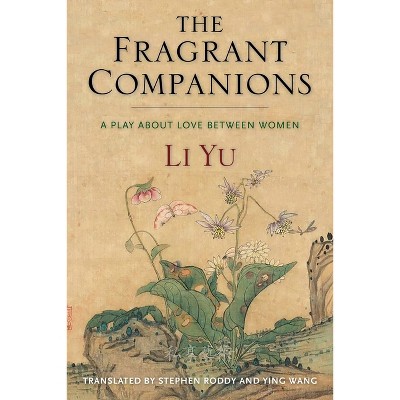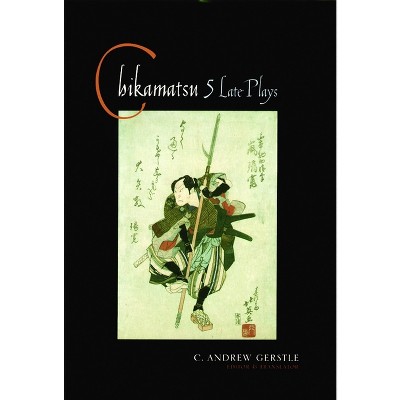Sponsored

Po Chü-I - (Translations from the Asian Classics) (Paperback)
In Stock
Sponsored
About this item
Highlights
- For Po Chü-i, writing poetry was a way to expose the ills of society and an autobiographical medium to record daily activities, as well as a source of deep personal delight and satisfaction-constituting, along with wine and song, one of the chief joys of existence.
- About the Author: Burton Watson holds a Ph.D. in Chinese Literature from Columbia University and has taught Chinese and Japanese literature at Columbia, Stanford, and Kyoto universities.
- 192 Pages
- Poetry, Asian
- Series Name: Translations from the Asian Classics
Description
About the Book
The T'ang dynasty was the great age of Chinese poetry, and Po Chu-i (772-846) was one of that era's most prolific major poets. His appealing style, marked by deliberate simplicity, won him wide popularity among the Chinese public at large and made him a favorite with readers in Korea and Japan as well. From Po Chu-i's well-preserved corpus--personally compiled and arranged by the poet himself in an edition of seventy-five chapters--the esteemed translator Burton Watson has chosen 128 poems and one short prose piece that exemplify the earthy grace and deceptive simplicity of this master poet.
Book Synopsis
For Po Chü-i, writing poetry was a way to expose the ills of society and an autobiographical medium to record daily activities, as well as a source of deep personal delight and satisfaction-constituting, along with wine and song, one of the chief joys of existence. Whether exposing the gluttony of arrogant palace attendants during a famine; describing the delights of drunkenly chanting new poems under the autumn moon; depicting the peaceful equanimity that comes with old age; or marveling at cool Zen repose during a heat wave... these masterfully translated poems shine with a precisely crafted artlessness that conveys the subtle delights of Chinese poetry.From the Back Cover
The T'ang dynasty was the great age of Chinese poetry and Po Chu-i (772-846) was one of that era's most prolific major poets. His appealing style, marked by deliberate simplicity, won him wide popularity among the Chinese public at large and made him a favorite with readers in Korea and Japan as well. From Po Chu-i's well-preserved corpus -- personally compiled and arranged by the poet himself in an edition of seventy-five chapters -- the esteemed translator Burton Watson has chosen 128 poems and one short prose piece that exemplify the earthy grace and deceptive simplicity of this master poet.For Po Chu-i, writing poetry was a way to expose the ills of society and an autobiographical medium to record daily activities, as well as a source of deep personal delight and satisfaction -- constituting, along with wine and song, one of the chief joys of existence. Whether exposing the gluttony of arrogant palace attendants during a famine, describing the delights of drunkenly chanting new poems under the autumn moon, depicting the peaceful equanimity that comes with old age, or marveling at cool Zen repose during a heat wave ... these masterfully translated poems shine with a precisely crafted artlessness that conveys the subtle delights of Chinese poetry.
Review Quotes
Unencumbered by heavy scholarly notes and commentary, the book is light and casual; the eloquent and beautiful style of the translations matches Po's style of poetry, which is known for its clarity and simplicity-- "CHOICE"
Watson's insight into Po's life and his clear presentation of the poet's thoughts and visions, with chronologically arranged well-annotated translations of the poems fully enhanced by his reader-friendly style, assures this volume a place amongst the treasures of undergraduate and secondary school teaching materials.-- "Education about Asia"
About the Author
Burton Watson holds a Ph.D. in Chinese Literature from Columbia University and has taught Chinese and Japanese literature at Columbia, Stanford, and Kyoto universities. In 1981 he received the PEN Translation Prize. Having translated dozens of Chinese and Japanese classics, including Chuang Tzu, The Lotus Sutra, and Records of the Grand Historian. Watson is one of the most respected translators of Chinese and Japanese literature.Shipping details
Return details
Frequently bought together


Trending Poetry


